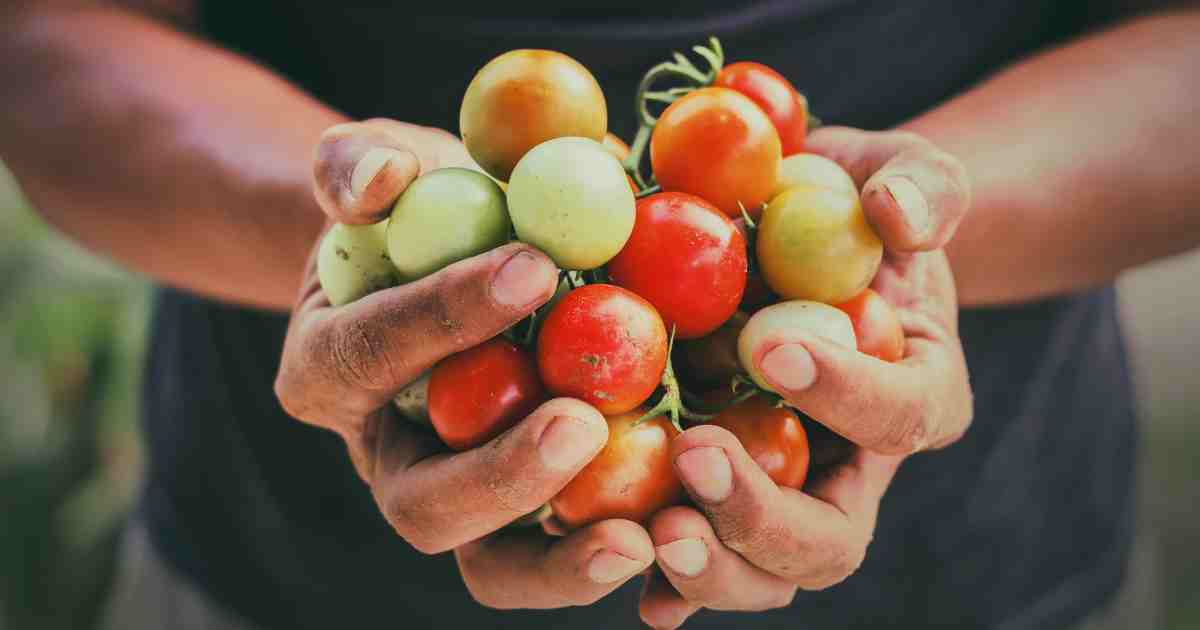President Cyril Ramaphosa eased South Africa’s lockdown restrictions significantly towards the end of 2021, but despite this, the average take-home salary is down 5.8% from pre-lockdown levels.
According to BankservAfrica’s Take-home Pay Index salary data, the average take-home salary in December 2021 was R15,542 — 4.2% higher than November 2021’s figure of R14,925.
However, this is still 5.8% lower than the average take-home salary of R16,502 reported in December 2019 — before South Africa’s lockdown restrictions were implemented.
A significant contributor to the declining average take-home wage was the restrictions that barred businesses from operating at full capacity, resulting in several companies temporarily cutting salaries.
Another contributing factor was a substantial decline in part-time and temporary workers being employed.
According to economist Mike Schüssler, the increased employment of part-time and temporary workers as lockdown restrictions eased is one of the reasons the average take-home pay increased during December.
“During the Covid-19 crisis, the decline in the number of casual workers mirrored the double-digit decline in the number of weekly wages paid,” he said.
“Weekly and casual payments showed the worst declines for far longer — the estimated daily payments weakened by double digits on 14 occasions in the last 25 months.”
BankservAfrica reiterated this sentiment, saying that the increased employment of temporary workers had resulted in a higher average take-home salary.
Despite this, the average real take-home pay — which accounts for inflation and other factors — dropped 5.2% year-on-year in December 2021.
BankservAfrica attributed this 5.2% decline to the 5.9% average increase in inflation last year.
Compared to pre-lockdown, the average real take-home pay of R12,463 for December 2021 is down 12.7% from R14,282 in December 2019.
| Average take-home salary before and after lockdown | ||
|---|---|---|
| Date | Average nominal take-home salary | Average real take-home salary |
| Dec-19 | R16,502 | R14,282 |
| Dec-20 | R15,541 | R13,151 |
| Dec-21 | R15,542 | R12,463 |
| Change | -5.8% | -12.7% |
The good news is that Schüssler believes we may be reaching the end of the economic impacts caused by the Covid-19 pandemic.
“We hope that the next months will confirm the return of lower-paid employees who were challenged the most during the pandemic,” he said.
“If that trend holds, it will indicate that the employment impact from the pandemic is receding.”
Another good sign for the economy is that the highest number of South Africans paid salaries over R100,000 was recorded in December.
For the first time, more than 27,700 South Africans were paid over R100,000 in December last year — up 16% on December 2020.
According to BankservAfrica, the total amount paid in salaries over R100,00 was R7.3 billion, which was also the highest on record.
However, the automated clearing house institution said that this figure might have been inflated by pay-outs to those retrenched from large organisations in sectors most impacted by the Covid-19 pandemic.
Ramaphosa initially announced temporary lockdown restrictions in March 2020. Among others, people were barred from leaving their homes and buying non-essential items for 21 days.
Lockdown was extended after the initial 21 day period, and since then, South Africa has seen several adjustments to its lockdown regulations and a gradual reopening of the economy.
In December 2021, the government announced it would ease restrictions during the festive season. This was despite the surge of infections driven by the omicron variant.
Ramaphosa announced that the curfew would be lifted and that larger gatherings would be permitted at the end of December 2021.
He also said that businesses that sell alcohol would be able to return to pre-lockdown operating hours as per their liquor licences.




















Discussion about this post